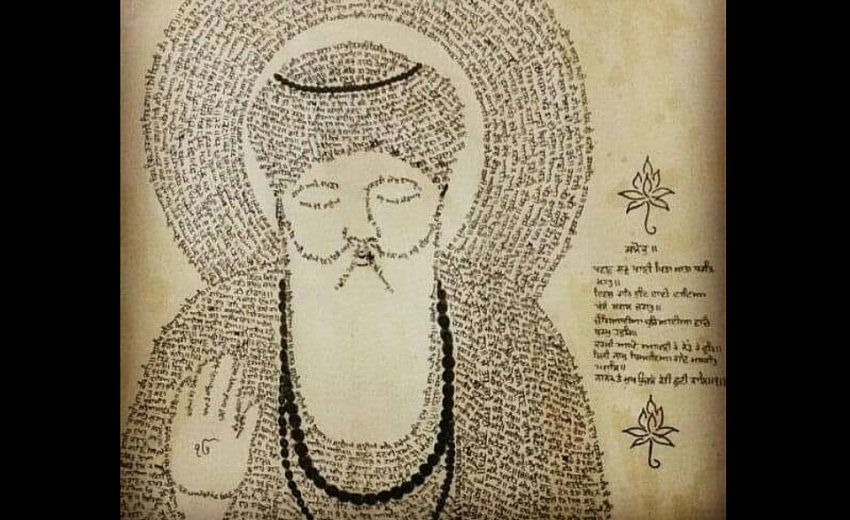In Sikhi the term "Guru" acquires a broader and more nuanced meaning. This is best understood against the backdrop of Guru Nanak's doctrine and the course of Sikh history. The Sikh scholar, Kapur Singh said: "The term guru, in common parlance, signifies a teacher, a guide, but etymologically it has a deep and profound meaning. Bhai Mani Singh, the martyr (d. 1737) claims that it was the last Sikh Guru, Gobind Singh (1666-1708), himself who taught him that the meaning of the word guru is as follows:
"gu" means, inertia, matter, nescience; "ru" means, the principle of light which illumines consciousness.
Guru therefore means nothing less than the Divine Light implicit in every human heart progressively revealed to him through proper cultivation of his religious intuition. The historical Sikh Gurus claim no more than that they can help man, through teaching, to cultivate this religious intuition so as to awaken the Divine Light within. The Last Sikh Guru, sternly proclaimed that, in all the Sikh Gurus it was the same Light and the identical Spirit that historically and successively manifested itself, and that although the mortal frames changed the physical identity of the Spirit, the Light remained intact. After the tenth Guru, this Light has been deposited in the Sikh Scripture, the Guru Granth Sahib and the Spirit continues to operate in the historically permanent mystic body of committed Sikhs, the holy congregation of those who follow this Light. This is the Sikh doctrine of the conjunction of the Granth and the Panth."
The importance of the Guru cannot be overstated. The Word, Guru Nanak tells us is: "The essence of all worship and the cure for the chronic malady of haumai, haumai is a chronic affliction, no doubt, but its cure inheres within. With the grace of the guru is this affliction cured." (SGGS: pg.466).
It follows that the aim of human life is to access the satguru within us to enable this transforming experience: that of fusing the shallow, conditioned and constricted consciousness of haumai with the universal consciousness of hukam (divine will) moving from an ego-system to an eco-system; from our default state to our desired state. The consequences of such a transformation have been described in the loftiest of poetic expressions. All else pales in comparison to this experience and one who does not have this experience is said to have, in effect, wasted a precious life that may not happen again. A chief marker of this experience is an intuitive awareness of the unity of all creation which brings forth unconditional love for humanity, inspired speech and inspired living; in such a state one's actions become spontaneous and in harmony with others. Such a person becomes liberated from the angst of existence, social anxieties and the rat race (dhaturbazi.) Guru Nanak calls such a person "gurmukh" (lit. guru facing or one whose spirit, actions and language is that of the guru.)
Sat Naam

